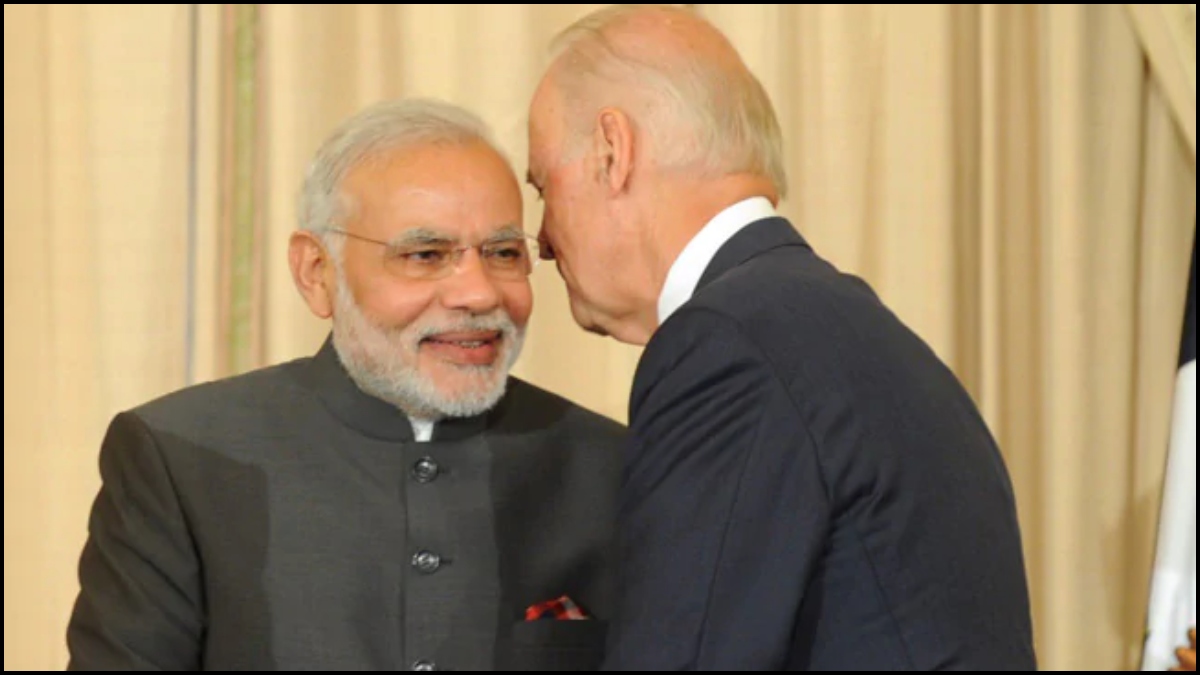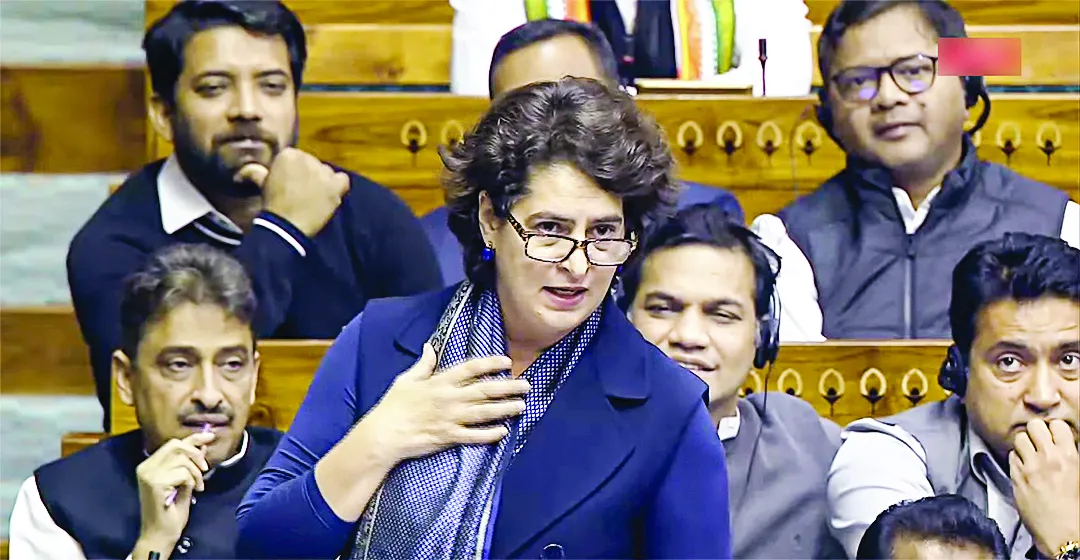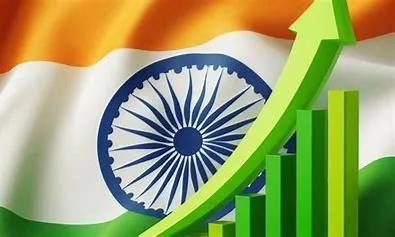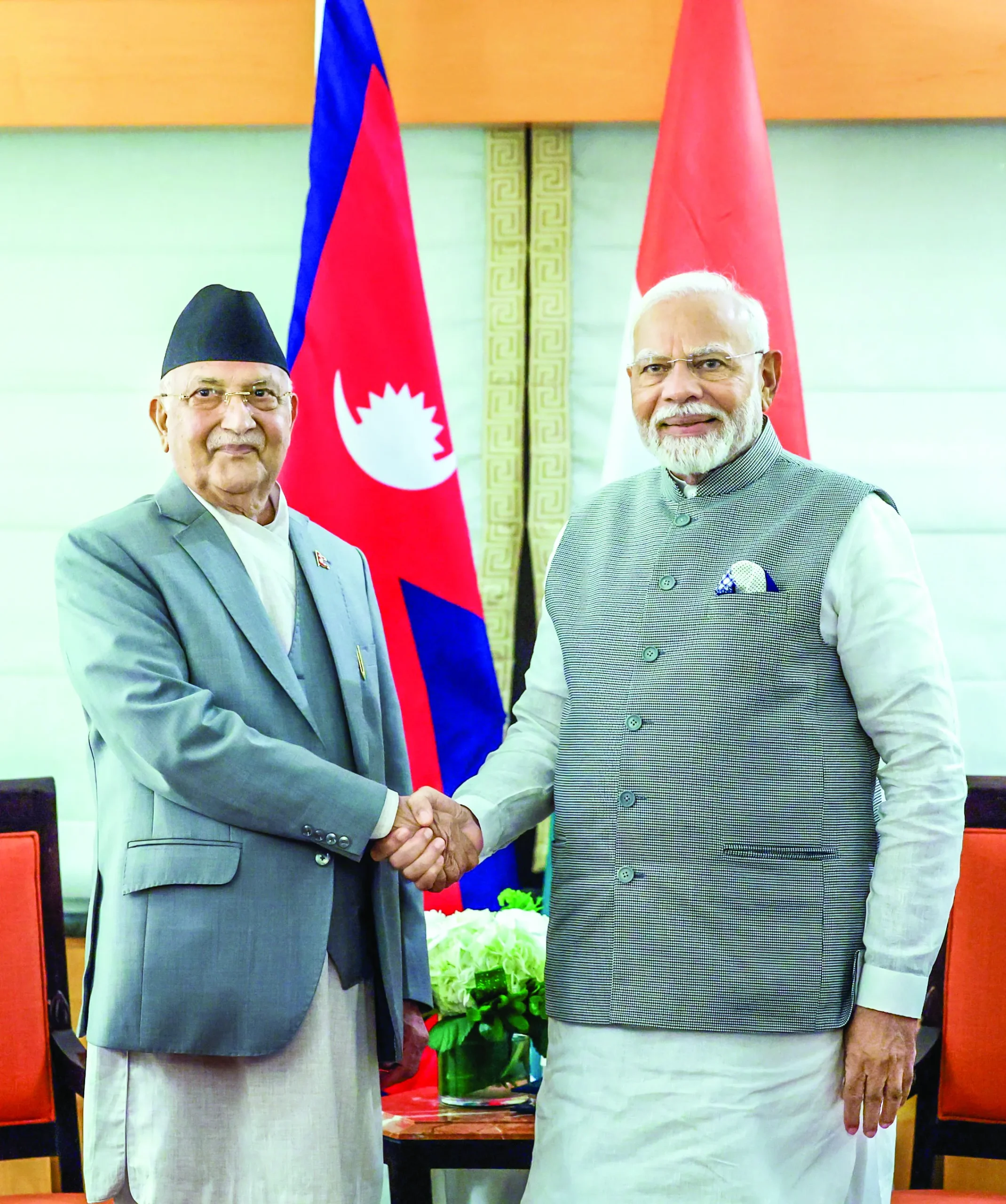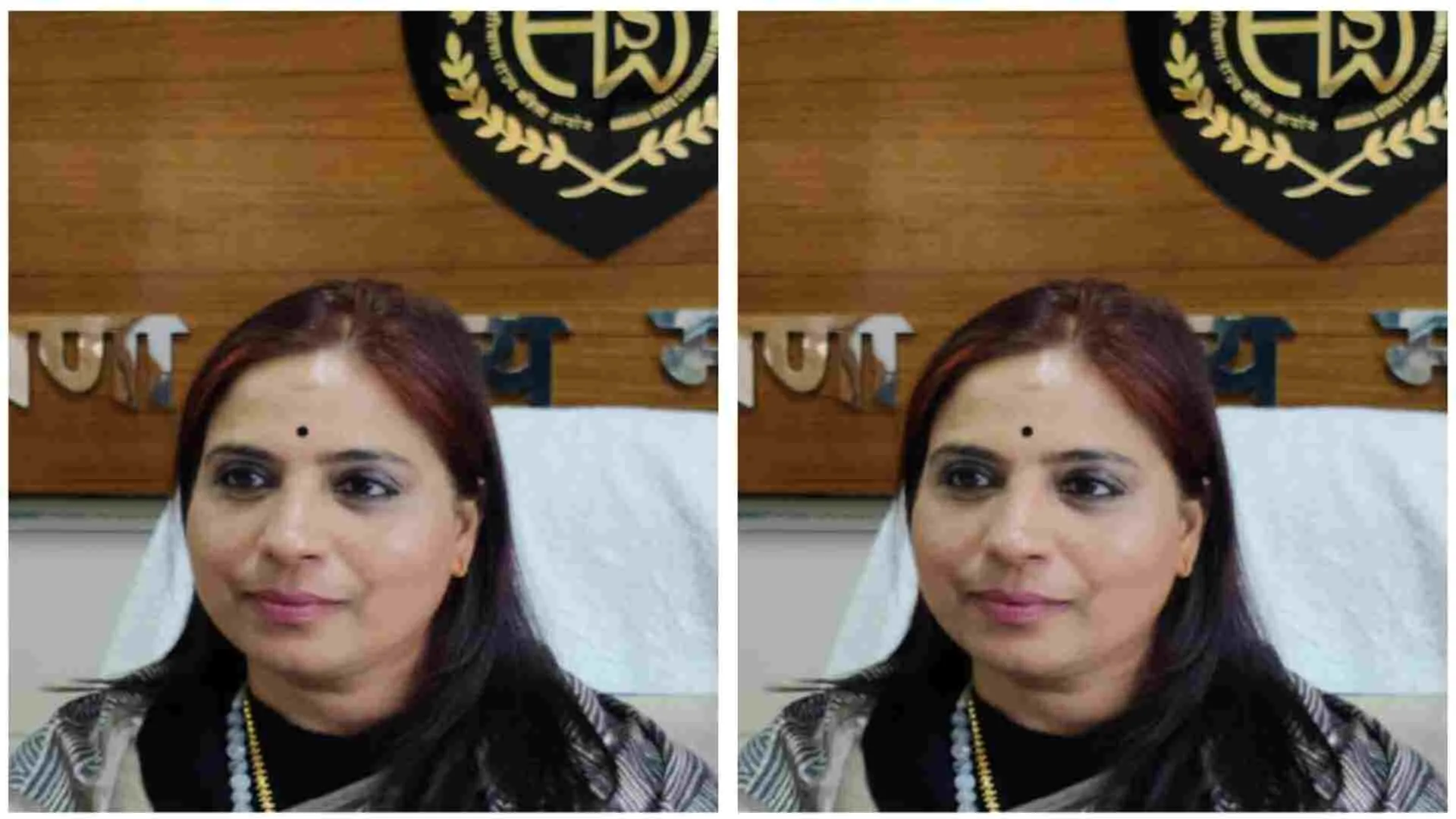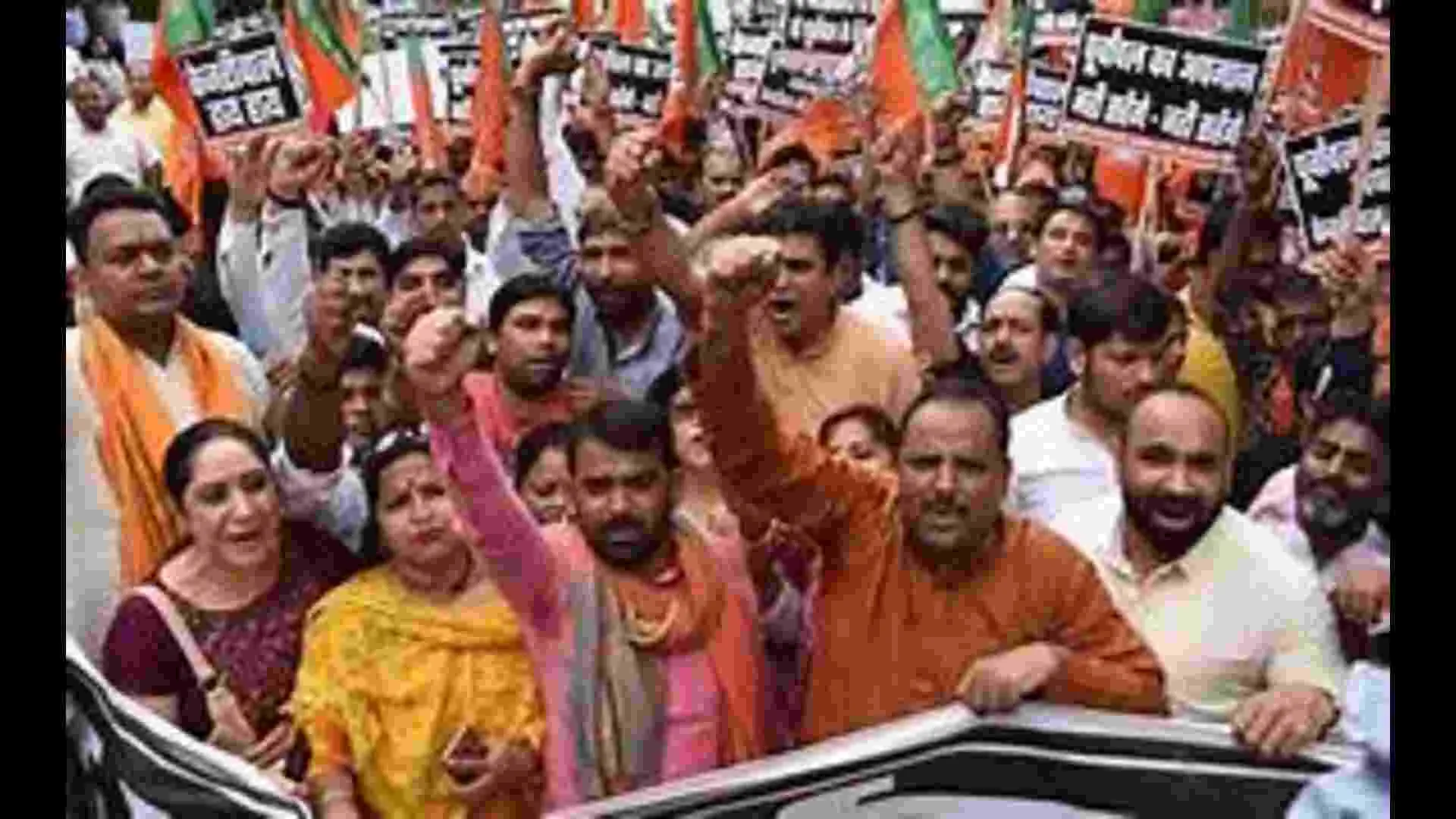The recent flurry of communication between the Narendra Modi government and the Joe Biden administration should put to rest speculation about the new US government not being serious about India-US strategic partnership. Much was made of the fact that President Biden did not mention India in his first major foreign policy speech delivered at the State Department on 4 February. He mentioned US’ “closest friends” “Canada, Mexico, the UK, Germany, France, NATO, Japan, South Korea, Australia” and the need to rebuild “the muscle of democratic alliances”. After which it was being argued that India did not hold much value for the Biden administration. The Indo-Pacific was not even mentioned in the speech, although China was put front and centre as a rival, who must be countered. It’s a different matter though that there has been criticism of Biden for seeing China as a competitor, and not necessarily a country that the US will be in conflict with—thus giving it too much leeway. Significantly, neither “Quad” nor “Indo-Pacific” found any mention in the speech, making naysayers go to town about India’s loss of relevance. The phone calls ever since have to be seen in this context. After the first call between Prime Minister Modi and the then President-elect, in November 2020, there was another call between the Prime Minister and the President on Monday, 8 February 2021, where the White House readout of the call mentioned “close cooperation to promote a free and open Indo-Pacific, including support for freedom of navigation, territorial integrity, and a stronger regional architecture through the Quad”. There was also mention of resolve to fight the Covid-19 pandemic, renewing “partnership on climate change”, rebuilding “the global economy in a way that benefits the people of both countries”, apart from standing “together against the scourge of global terrorism”. A significant change in this is the terminology used by the Biden administration, which has graduated from calling the region “Asia-Pacific”—a term favoured by China—before it took office, to “Indo-Pacific”, thus putting the Indian Ocean Region at the centre of the foreign policy narrative. In other words, when it comes to climate change and the Indo-Pacific, the Joe Boden administration realises that it needs to strengthen its strategic partnership with India, of which stronger defence and economic ties between the two countries are natural components.
However, the press release of the Ministry of External Affairs (MEA) about the same conversation, while talking about a “rules-based international order and a free, open and inclusive Indo-Pacific region”, did not mention the word “Quad”. Hence, instead of questioning US’ commitment to Quad, speculation is bound to arise about India not willing to be upfront about the Quad for fear of alienating the Russians and their overlord, the Chinese. Both these countries have been vociferous in their opposition to Quad and of India being a part of it, since the Quad is seen as an anti-China bloc. India’s silence on the Quad is a little surprising, considering moves are afoot to operationalise the grouping, however tentative, and that India, Japan and Australia have started talking about building supply chain resilience as part of the Quad structure. There is no shying away from the fact that Quad, to be more than a chatroom, eventually will have to be a security alliance, as there is no other way of countering China’s hegemony, and India will have to play an important role to operationalise it.
Following the phone call, there was another discussion between Foreign Minister S. Jaishankar and US Secretary of State Antony Blinken—their second interaction—about the Indo-Pacific, as well as the coup in Myanmar. In fact, the White House readout of the conversation between President Biden and PM Modi also talked about “shared commitment to democratic values” being “the bedrock for the US-India relationship”, which found a reflection in the release issued by the MEA as well, saying “the India-US partnership is firmly anchored in a shared commitment to democratic values and common strategic interests”. However, while the White House readout mentioned that the two leaders agreed that “the rule of law and the democratic process must be upheld in Burma”, the MEA statement omitted the mention of Myanmar, which should not have been the case. If India calls itself the world’s largest democracy, it cannot be reticent about condemning the coup in Myanmar, for the sake of its “strategic interests”. If not for anything else, India needs to do it to send out the message to the world that it stands by its democratic values. As it is canard is being spread worldwide by the ecosystem of a particular variety, which controls most outlets of information, about democracy receding in India. Why give that ecosystem additional “proof” of India’s lack of democratic values? Major attempts are being made to drive a wedge between India and the US and the social media and media activism against India in the last few weeks has to be seen in this context. A particular cabal, backed by Pakistan and China—the Khalistanis are a mere front—is working hard towards this goal and have roped in people they think can influence US policy towards India. The recent interactions between the two governments show that such forces are being too optimistic. But that doesn’t mean India can afford to sit on its laurels as the largest democracy in the world. It should not lose sight of the fact that the whole focus of the political warfare launched by Pakistan and China is to besmirch the most important thing that makes India great—its democracy.

